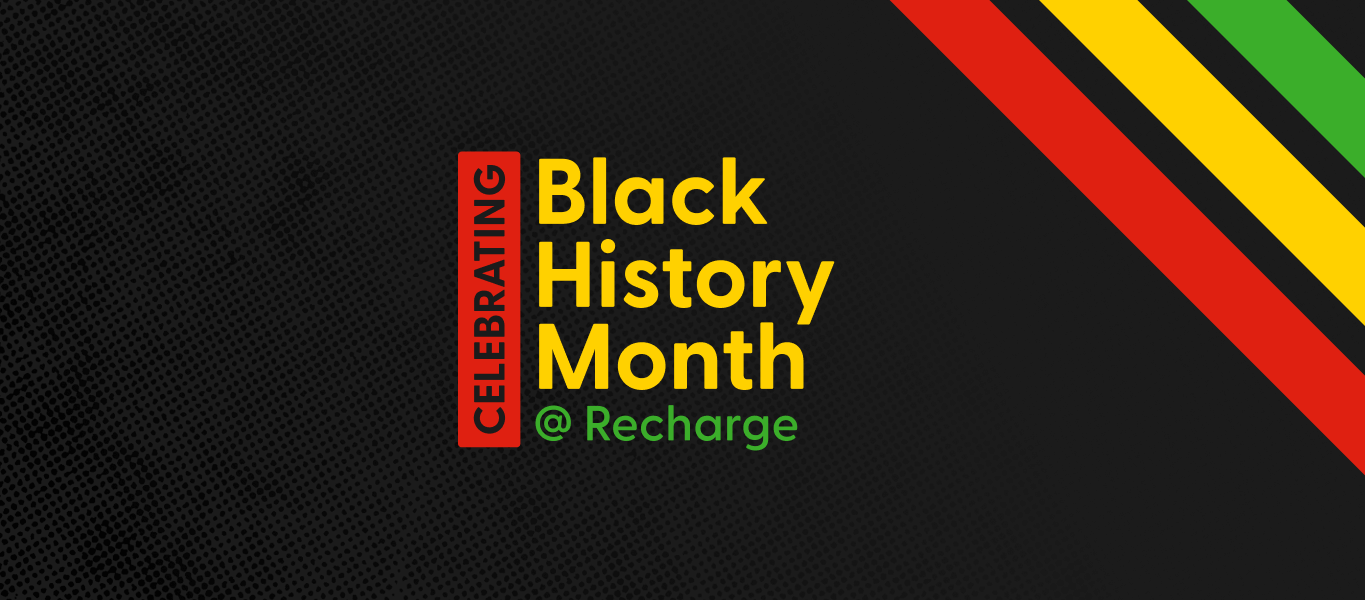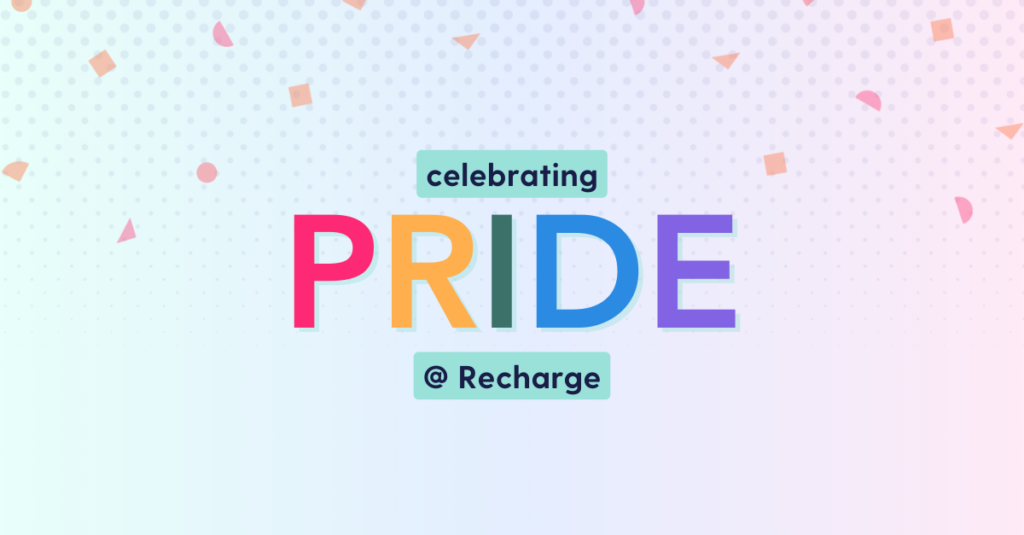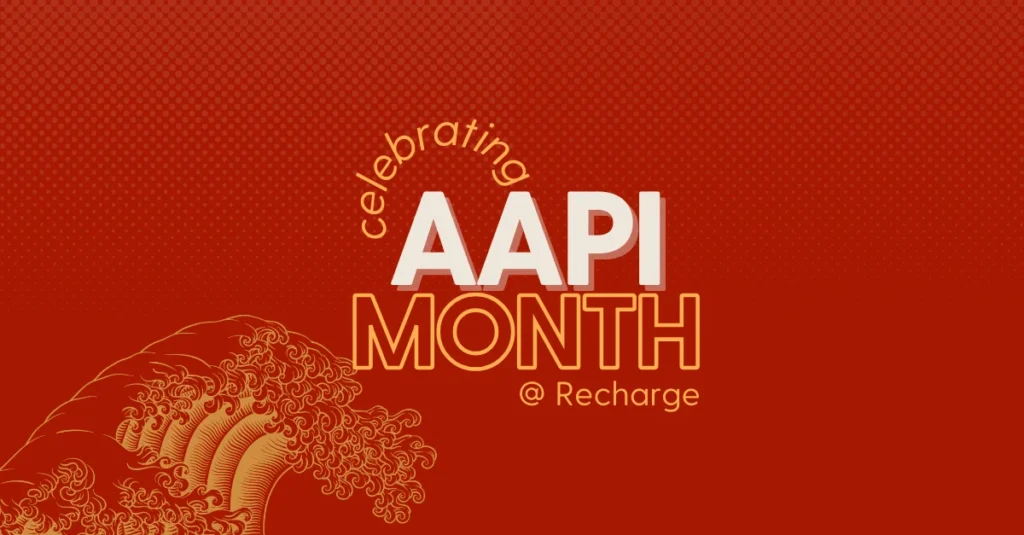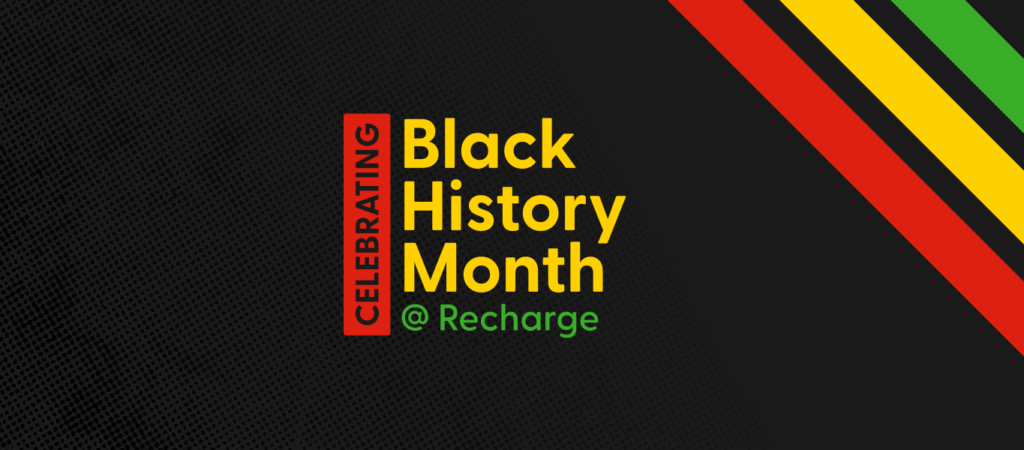Reflections on our “Standing in Our Power” panel for Black History Month
Published March 2024
Published Mar 2024
Updated March 2024
Updated Mar 2024
2 min read

AI Summary
In honor of Black History Month, our Black@Recharge Employee Resource Group (ERG) hosted a special panel event titled “Standing in Our Power” to celebrate and discuss diversity, equity and inclusion.
In honor of Black History Month, our Black@Recharge Employee Resource Group (ERG) hosted a special panel event titled “Standing in Our Power” to celebrate and discuss diversity, equity and inclusion. Moderated externally by Zachary Nunn, the virtual panel featured Sharawn Tipton, CPO at LiveRamp; Rob Potter, CAO at Slalom; and internal panelists Shonel Symister, Dumebi Iheanacho, and Danielle Davis. The goal was to reflect on the experiences of Black professionals and have an open dialogue on how we can empower change within our organization during this meaningful month and beyond. Here are some of my key takeaways from the impactful discussion.
Intentional development and sponsorship
While Black people represent 12% of the US workforce, they are only 8% of the tech workforce and 3% of executives. This shows a clear need to be intentional about developing and promoting Black employees. The panel emphasized that over-mentoring but under-sponsoring is a common pitfall of many companies. Organizations should go beyond advising and actively invest money, time, and resources while also holding leadership accountable for quantifiable results.
Know the data and your own DEI metrics
Another theme was the importance of leveraging data and metrics for your organization. As panelist Sharawn Tipton said, you need to know who you have at your company and what their experiences are compared to others. Data can reveal the full story and help you identify focus areas by highlighting the impact of your policies, benefits, and procedures (both negatively and positively).
Leading with empathy and solutions
Approach leaders with curiosity first rather than criticism. Understand their goals, and present them with solutions rather than problems to get their buy-in. Use peer and competitor research to offer solutions that are tailored to what you uncover. You can use the following framework for presenting your wants or asks to leadership: “Here is what I notice, here is what I want to do, and here is what I need from you to help”. Business and DEI goals don’t need to compete—find the win-wins through partnership.
Every single person can drive positive change. Feel empowered to voice ideas, volunteer for DEI initiatives, and mentor others. By coming together, we can all help build a more inclusive workplace.
Categories




